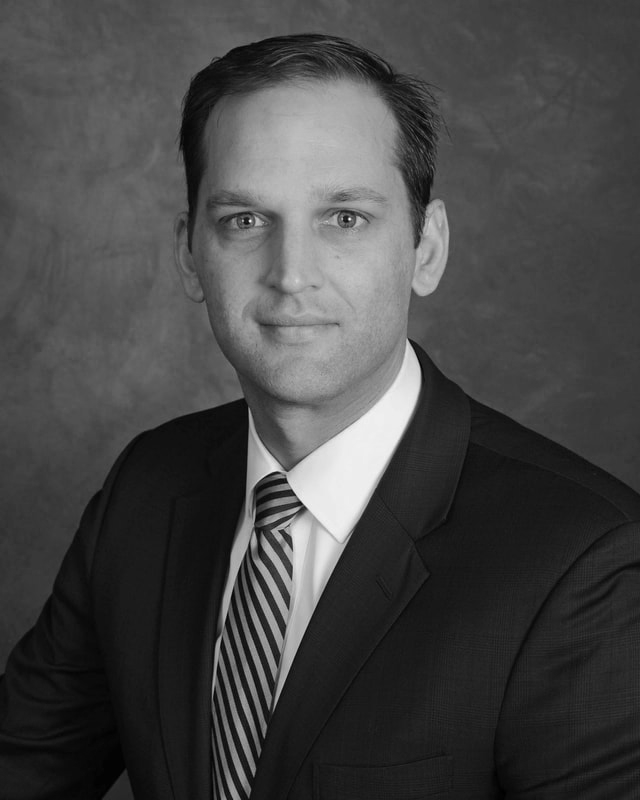
Why Choose David Gardner for Your Medical Malpractice Case?
With more than 15 years of experience handling medical malpractice claims from intake through trial, David Gardner has successfully represented victims of medical negligence across New Jersey. His deep knowledge of the law and the complexities of the hospital liability cap ensures that clients receive the strongest possible advocacy.
- Proven litigation experience in medical malpractice trials.
- In-depth understanding of nonprofit hospital liability limitations.
- Strong relationships with top medical experts to support claims.
- Aggressive negotiation and courtroom strategy to maximize compensation.
If you or a loved one has suffered due to medical negligence, do not hesitate to seek legal guidance. Contact David Gardner today to discuss your case and explore your legal options. Justice and fair compensation begin with the right attorney fighting for your rights.
Understanding Medical Malpractice
Medical malpractice occurs when a healthcare professional, hospital, or medical institution deviates from the accepted standard of care, causing harm to a patient. These errors can take many forms, including misdiagnosis, surgical mistakes, improper medication, birth injuries, and failure to properly monitor a patient’s condition. Victims of such negligence often suffer serious injuries, long-term health complications, or even wrongful death.
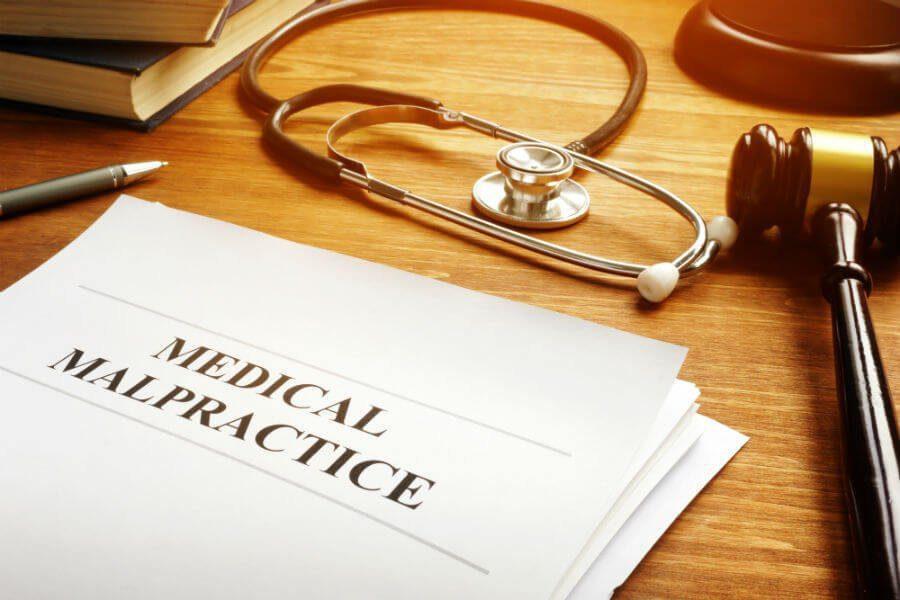
The Legal Landscape of Medical Malpractice in New Jersey
New Jersey law provides specific protections and limitations regarding medical malpractice claims. Many hospitals in the state operate as nonprofit entities, which, under N.J.S.A. 2A:53A-8, caps their independent liability at $250,000. This means that, even if a hospital is found negligent, the maximum amount they may be required to pay in damages is $250,000, no matter the extent of the harm suffered by the patient. Additionally, nearly all hospitals in New Jersey have affiliated themselves with teaching institutions, which strategically helps them maintain nonprofit status and limits their liability. This makes pursuing full compensation more complex, requiring experienced legal representation that understands how to navigate these restrictions.
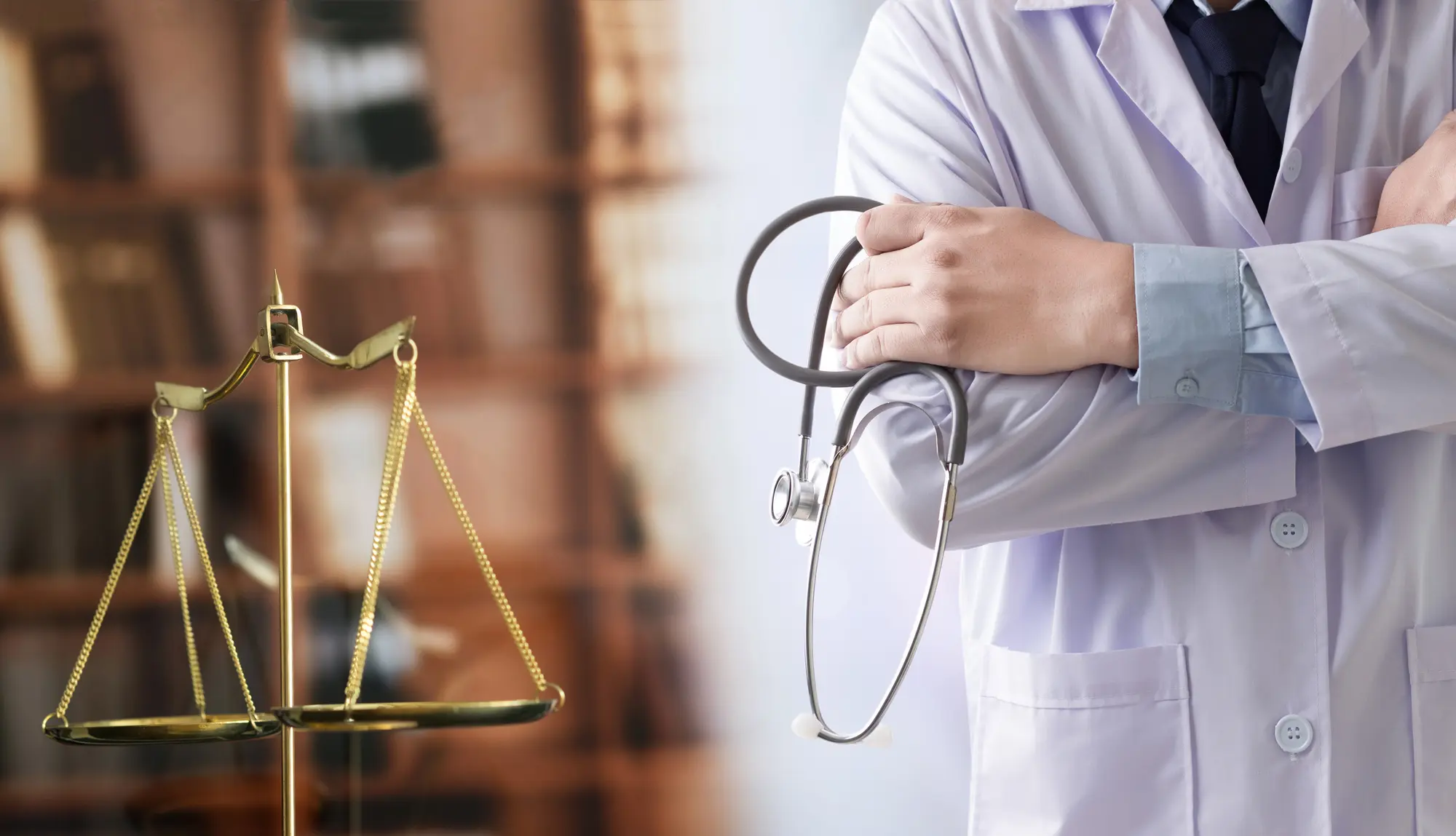
Suing a Doctor vs. Suing a Hospital
If a patient does not personally choose a doctor when receiving treatment at a hospital (such as in an emergency room setting), and that doctor’s negligence results in harm, the patient may have the right to sue both the doctor individually and the hospital separately under different legal principles.
Suing the Doctor Individually
• If a doctor was negligent, they can be sued individually for full damages, above and beyond the hospital’s $250,000 liability cap.
• This is especially relevant if the doctor was acting as an independent contractor and not an employee of the hospital.
• Independent physicians are not protected by the hospital’s limited liability cap and can be held responsible for the full extent of damages.
Suing the Hospital
A patient may also pursue legal action against the hospital through:
• Apparent Agency Doctrine: If a hospital presents a doctor as its own employee (e.g., an ER doctor wearing hospital identification), and the patient had no choice in selecting the physician, the hospital may be held vicariously liable for the doctor’s negligence.
• Direct Negligence by the Hospital: If the hospital itself engaged in negligent hiring, credentialing, supervision, or had systemic failures leading to the patient’s injury, it can be held separately liable.
Standard of Proof in a New Jersey Medical Malpractice Case
To succeed in a medical malpractice lawsuit in New Jersey, the plaintiff must prove four key elements:
- Duty of Care
The plaintiff must establish that a doctor-patient relationship existed, meaning the medical provider had a legal duty to provide competent care.
- Breach of Duty (Deviation from the Standard of Care)
The plaintiff must demonstrate that the healthcare provider deviated from the accepted medical standard of care—that is, what a reasonably competent professional would have done in the same situation.
- Causation
The plaintiff must prove that the doctor’s negligence directly caused the harm. This is often the most contested element in a malpractice case and requires expert testimony to link the medical provider’s actions to the patient’s injuries.
- Damages
Finally, the patient must prove that they suffered actual harm, including medical expenses, lost wages, pain and suffering, disability, or reduced quality of life.
Burden of Proof: Preponderance of the Evidence
In New Jersey, medical malpractice cases follow the preponderance of the evidence standard. This means the plaintiff must prove that it is more likely than not (over 50% certainty) that the provider’s negligence caused harm.
Unlike criminal cases that require proof beyond a reasonable doubt, medical malpractice claims require a lower burden of proof, though they still demand strong medical evidence.
Affidavit of Merit Requirement
Under N.J.S.A. 2A:53A-27, a plaintiff must file an Affidavit of Merit within 60 days of the defendant’s response. This affidavit, signed by a qualified medical expert, certifies that there is a reasonable probability that the defendant deviated from the standard of care. Failure to submit this affidavit results in automatic dismissal of the case.
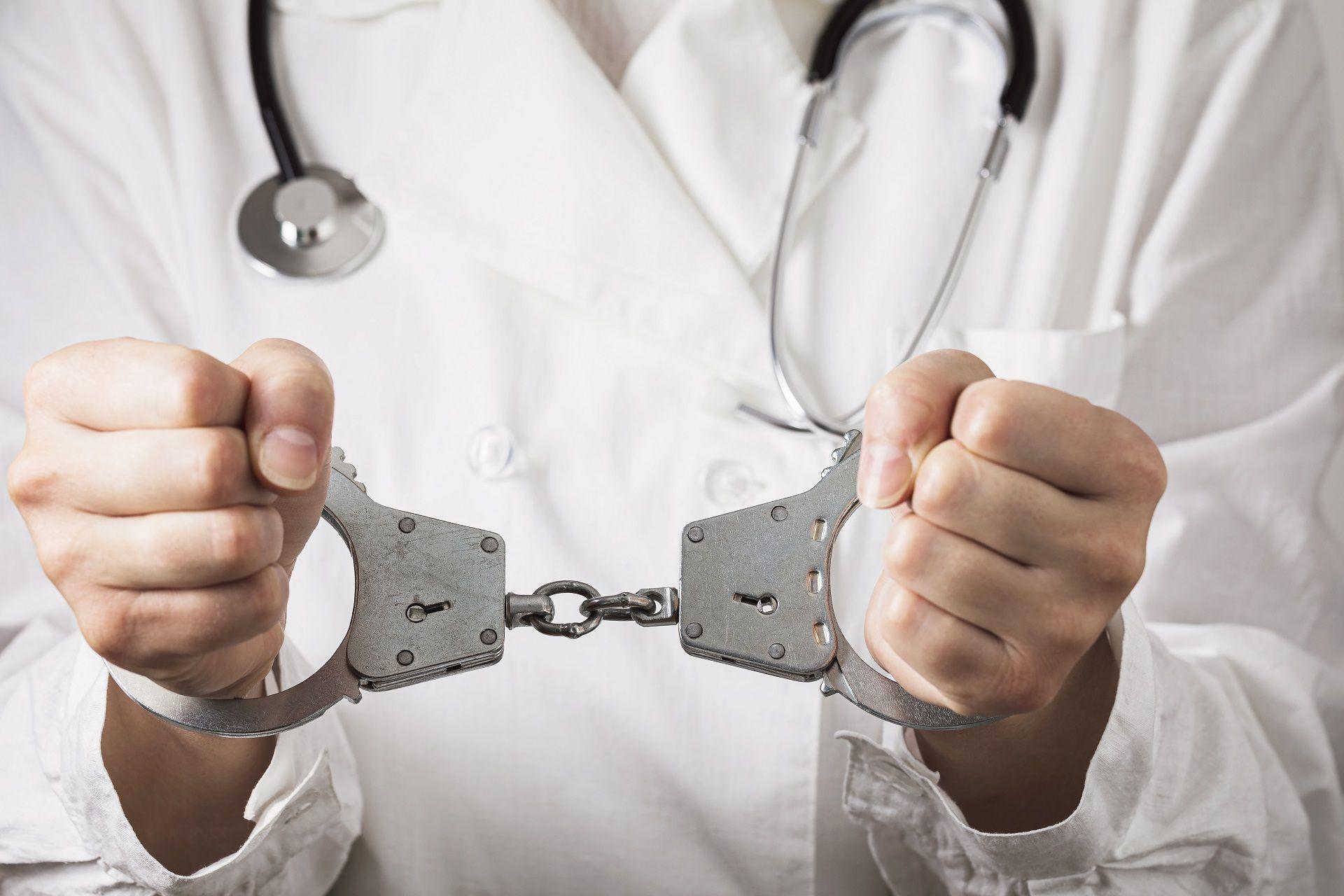
Common Types of Medical Malpractice Cases
David Gardner has represented clients throughout New Jersey in various types of medical malpractice claims, including:
•Surgical Errors – Operating on the wrong body part, leaving surgical instruments inside the body, or anesthesia mistakes.
• Misdiagnosis/Delayed Diagnosis – Failing to detect serious conditions such as cancer or heart disease in time.
• Birth Injuries – Negligence during labor or delivery, leading to conditions like cerebral palsy or Erb’s palsy.
• Medication Errors – Administering the wrong medication or dosage.
• Failure to Monitor – Neglecting post-operative patients or those with high-risk conditions.
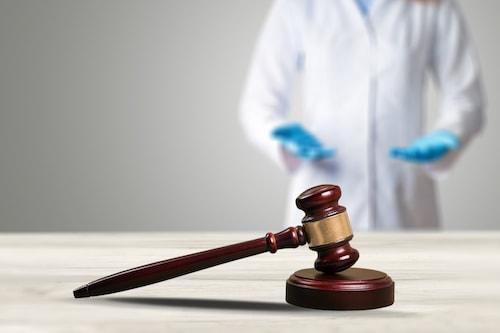
Challenges in Pursuing a Medical Malpractice Claim
Because New Jersey’s legal framework provides protections to hospitals and imposes rigorous requirements for plaintiffs, medical malpractice claims require extensive investigation, expert testimony, and strategic legal arguments.
Some challenges include:
• Proving causation: Establishing that the doctor’s negligence was the direct cause of harm.
• Overcoming the hospital’s nonprofit status protections.
• Expert testimony requirements.
• Navigating insurance company defenses.